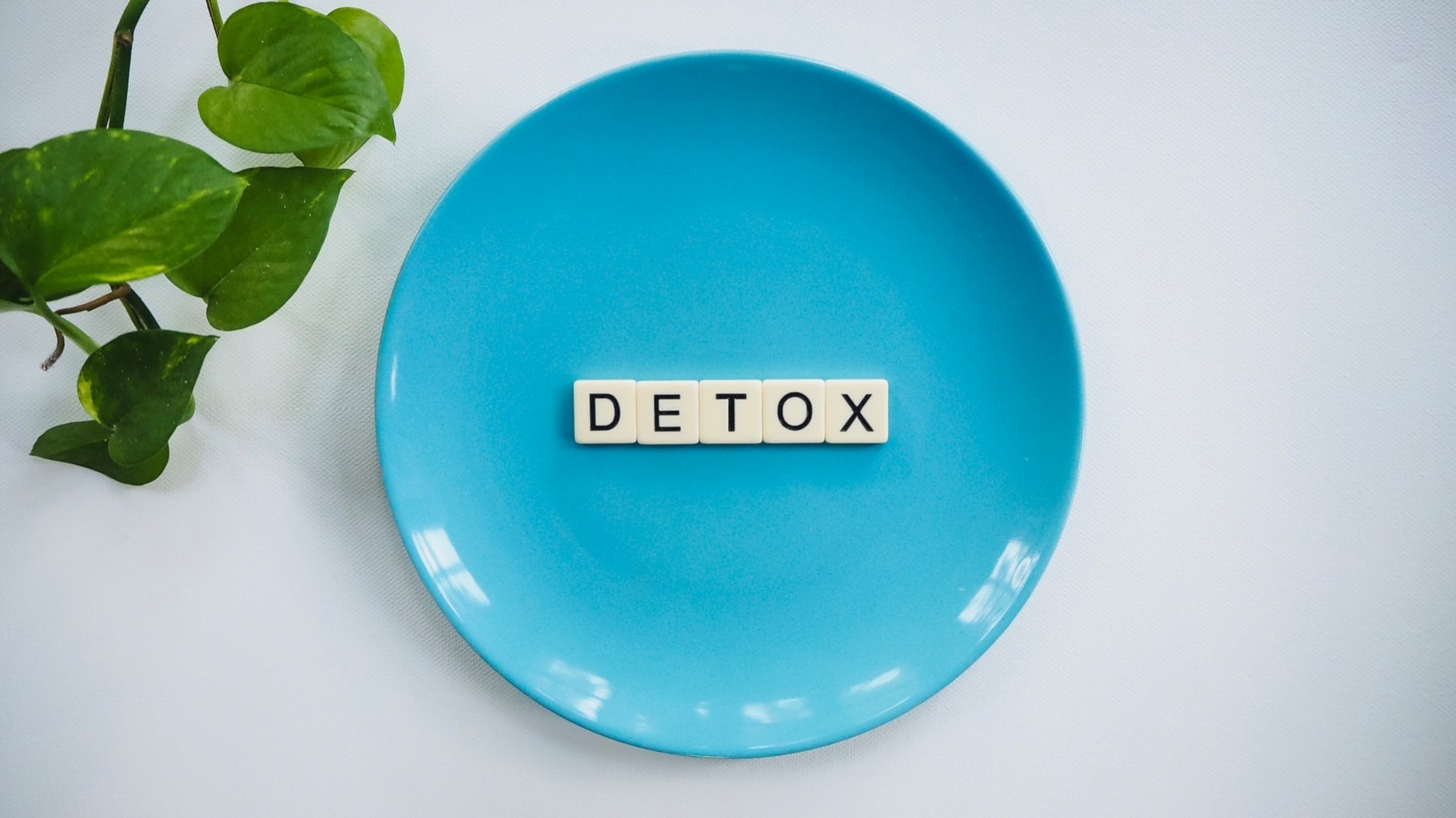
Among the most common reasons for toxic buildup in the human body are poor diet, excessive alcohol consumption, lack of physical activity and inadequate hydration. The body naturally undergoes a detoxification process to eliminate waste. However, an overload of toxins may obstruct this and result in a slew of health conditions. Practising mineral detoxification can help support your body's detox system and prevent disease.
What is Detoxification?
Detoxification is the body's natural ability to remove harmful chemicals through the liver, kidneys, lungs, colon, and skin. This process strengthens every single cell in the body and allows it to function at optimal levels. Detoxification flushes out toxins that our bodies get from the food we eat, the water we drink and our environment. It also improves blood circulation, increases energy levels and keeps diseases at bay. When the body's detox system fails to work, this may lead to a host of health complications, including:
- Gastrointestinal issues
- Fatigue
- Muscle and joint pain
- Brain fog
- Abdominal pain
- Insomnia
- Stress
- Depression
- Allergies
- Skin conditions
- Respiratory problems
How Do Minerals Help With Detoxification?
Several minerals play a pivotal role in the metabolic processes of the body. Without them we won't be able to release unwanted chemicals that fester in our bodies, slow us down and make us feel sick. Some of the important ones are as follows:
Copper, Iron and Zinc
These three minerals support an enzyme called cytochrome, which helps the liver neutralise toxic chemicals and flush these out of the body. If a high concentration of toxic chemicals is present in your body, you will need higher levels of copper, iron and zinc to support your liver.
Besides taking natural supplements rich in these minerals, consider including foods that are naturally packed with it. Oysters, shellfish, beans, nuts, pork liver and kidneys, sesame seeds, potatoes and green, leafy vegetables are high in copper.
Foods that contain high levels of zinc include meat, seafood, mushrooms, broccoli, legumes, eggs, nuts and whole grain. As for iron, fill your pantry with eggs, sardines, salmon, poultry meat, nuts, beans, seeds, whole grain and cruciferous vegetables.
Potassium and Magnesium
The kidneys play the most important role in the body's detoxification process. They filter waste, salt and toxins out of the blood and eliminate these through urine. Potassium and magnesium support the huge task of the kidneys, so see to it that your body gets these minerals daily. Additionally, both minerals help with cleansing the lungs, which serve as the exit point of certain toxins which other excretory organs cannot eliminate.
Fatty fish like salmon, as well as whole grain, nuts, avocado, yoghurt and dark chocolate, are packed with magnesium. Complement these with potassium-rich foods like bananas, artichoke, cantaloupe, prunes, lentils, beets and beans, among others, to prepare your kidneys for the work that lies ahead of them.
Selenium
Selenium prevents potential poisoning resulting from exposure to heavy metals. It supports the body in eliminating traces of mercury, lead and cadmium, among other toxic chemicals, which we get from our food, water and surroundings.
If you suspect that you may be selenium deficient, replenish your body with this mineral by including more fish, pasta, eggs, dairy products and poultry meat in your diet.
Sulphur
Sulphur is an essential mineral for the liver as it supports the organ's production of glutathione, an antioxidant that neutralises free radicals. The cells in our bodies risk ageing faster, and we will be more prone to illness without this chemical compound.
Consuming a generous amount of cruciferous vegetables, poultry meat, eggs, nuts, whole grain and green, leafy vegetables will ensure adequate levels of sulphur in your body.
The body's detox system is heavily reliant on macrominerals, so practising mindful eating every day is the only way to keep it working properly. Lack of any of the abovementioned minerals will hamper not only the body's ability to eliminate waste and harmful toxins but also your chance to enjoy a healthy life.
|
Do you have a natural health & wellness business? |









